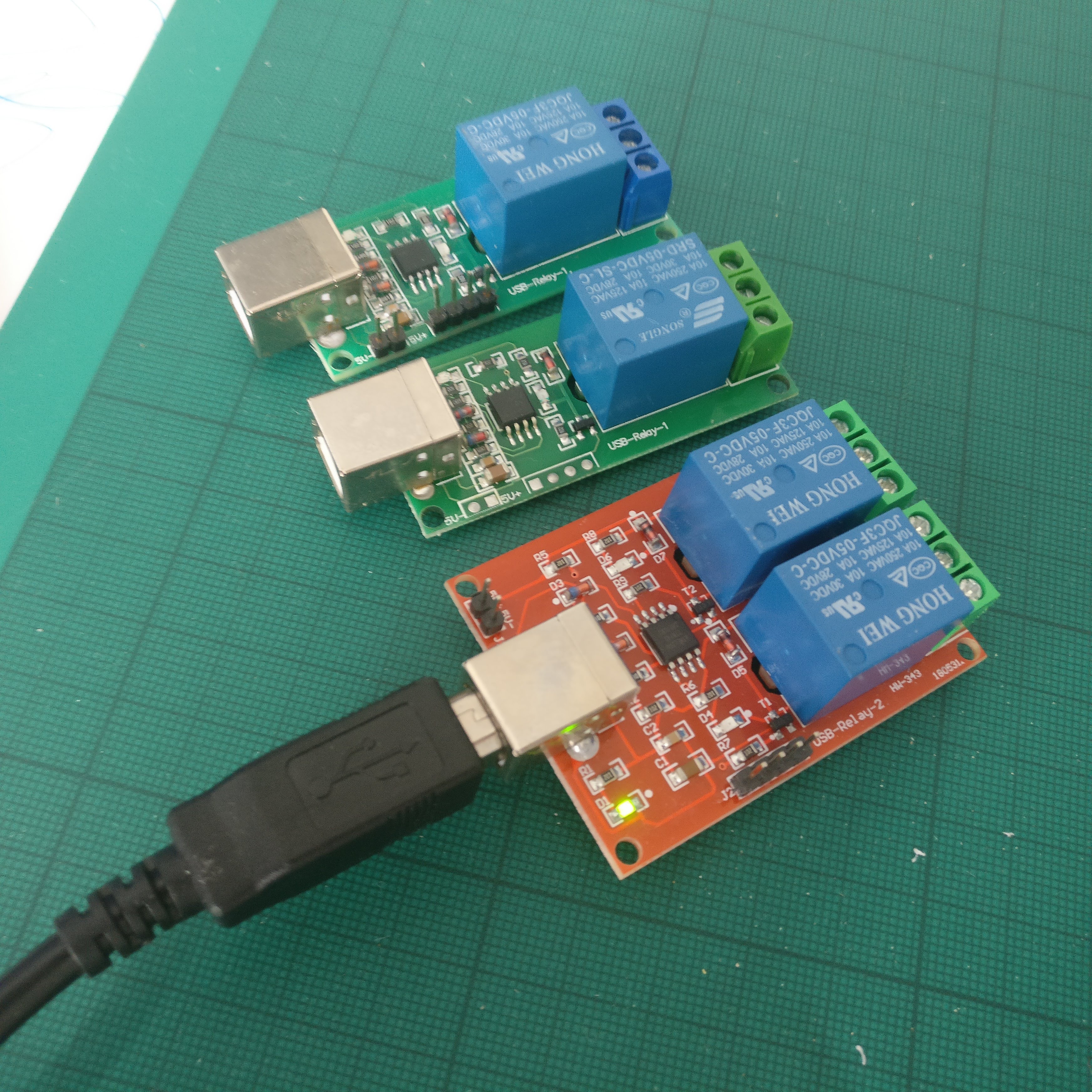
In practice, a program would most likely use the libusb library to deal with those devices. The /dev/bus/usb/*/* devices, on the other hand, expect the program using them to be aware of the functionality of the USB bus. Even a minimal terminal emulator program such as picocom might help a lot here, although you probably can use stty to make the settings if you have to.
#LIBUSB SERIAL PORT SERIAL#
If there is an actual RS-232 serial communication between the converter chip and the actual 3d printer, you might need to set the correct serial port parameters before you can communicate successfully. The /dev/ttyUSB0 (and any aliases for it, if they exist) is a Unix TTY device interface (basically a serial port + a lot of optional features for dealing with archaic serial terminals) for the USB-to-serial converter.
#LIBUSB SERIAL PORT ANDROID#
If your Android system has a minimized set of ude rules, it might not include the rule to generate the /dev/serial/* aliases. dev/ttyUSB0 would be the Linux kernel default name for most USB-to-serial converters, while /dev/serial/* is probably an alias created by some udev rule. I'm happy to post other debugging information/logs.

So it is possible, I just must be missing something. In Windows, you can emulate a fake serial port bridge using a utility named com0com. However, theres a work-around for this problem. How can I communicate with the serial device? Are there any other kernel modules I should compile? Does newer Android handle serial devices in a different way than Linux does? I've seen other people run this firmware on Android in chrooted Linux like here, here, here. USB standards prevents low speed USB devices to truly act as virtual serial ports, which is why we cannot use a serial terminal to communicate with the Trinket directly. Lowest fully-functional device speed is SuperSpeed (5Gbps)Ĭan't get debug descriptor: Resource temporarily unavailableīus 001 Device 003: ID 1a86:7523 QinHeng Electronics CH340 serial converterīInterfaceClass 255 Vendor Specific Classīus 001 Device 001: ID 1d6b:0002 Linux Foundation 2.0 root hubĬan't get device qualifier: Resource temporarily unavailable Latency Tolerance Messages (LTM) Supported
#LIBUSB SERIAL PORT FULL#
IManufacturer 3 Linux 3.18.140-Swan-gcb3e40e597b0-dirty xhci-hcdīInterfaceProtocol 0 Full speed (or root) hub 'lsusb -v' from a chrooted Debian through Linux deploy gives the following output, the device in question is called 'QinHeng Electronics CH340.': Bus 002 Device 001: ID 1d6b:0003 Linux Foundation 3.0 root hub I've compiled the kernel with the ch341.c driver. The Pololu USB Library (also known as libusbp) is a cross-platform C library for accessing USB devices. But I can't find it in /dev/serial/, it only shows up as /dev/ttyUSB0 and /dev/bus/usb/001/00 and I can't communicate with it through those. Trying to connect a serial device (3d printer) through the USB port in order to communicate with it (klipper firmware) on an Android device (LOS 18.1/Android 11, 3.18 kernel).


 0 kommentar(er)
0 kommentar(er)
